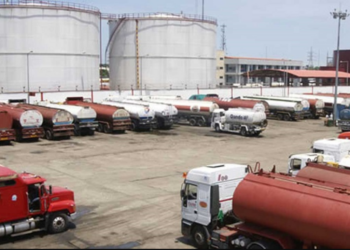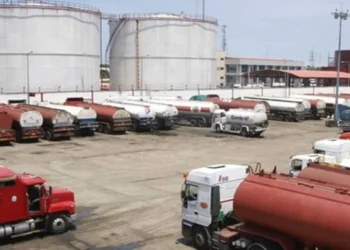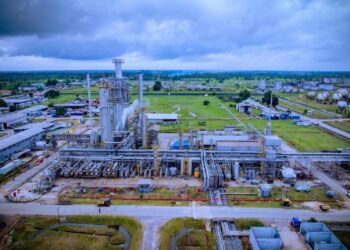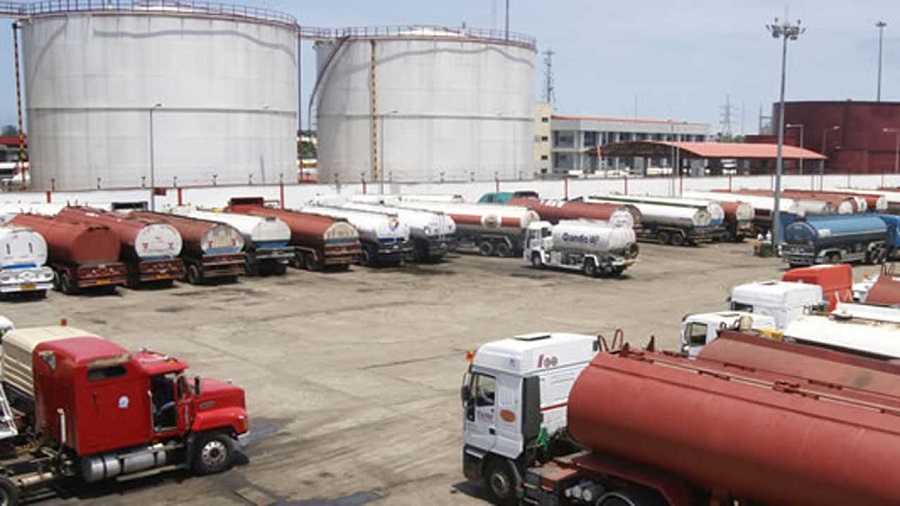The impact of Brent crude price increase on Nigeria’s downstream sector and the country’s fuel pump price will not be immediate.
This is according to Mike Osatuyi, the National Operations Controller at the Independent Petroleum Marketers Association of Nigeria (IPMAN).
He said this during a brief conversation with Nairametrics on Thursday, July 13. He was reacting to the increase in Brent crude prices, which occurred on Wednesday, July 12.
Recall that Nairametrics reported that the Brent crude price benchmark reached $80.41 per barrel on Wednesday at 2:58 pm (GMT+1).
This Brent crude price rally occurred for the first time since May 2023 as crude prices have been on a slump since May 2023.
According to Osatuyi, fuel pump prices in the country are determined by crude prices in the international market – as prices increase, fuel pump prices will also increase.
The same applies if crude prices drop. He however noted that the current Brent crude price increase which occurred on Wednesday, will not have an immediate impact on fuel pump prices.
If the oil price rally continues, expect higher fuel pump prices a month from now
Osatuyi explained to Nairametrics that the current increase in Brent crude prices will only increase local fuel pump prices a month from now when new imports are made based on higher Brent prices if the rally continues.
He stated further that if there is an increase in Nigeria’s fuel pump prices right now, it is because some people may want to take advantage of the Brent crude price rally.
As of 9:27 am (GMT+1) on Thursday, July 13, Brent crude price was $80.29 per barrel.
More insights
The current stock in the market is based on old prices and until that stock is exhausted, operators can purchase new stock based on Brent crude prices (which could either be on a rally or a slump).
This will determine either higher or lower fuel pump prices.
Recall that last week, there were reports that large consignments of PMS (fuel) purchased by the Major Oil Marketers Association of Nigeria (MOMAN) were to arrive in the country this week, which means they were purchased earlier than the Brent crude price rally of July 12.
If the next shipment is purchased based on higher Brent crude prices, then it will impact fuel pump prices.
Note that in its oil market report on Thursday, the International Energy Agency (IEA) stated that oil demand is set to hit a record high in 2023, but economic headwinds and interest rate hikes mean the increase will be slightly less than anticipated.
The IEA projected that crude oil demand is expected to reach 102.1 million barrels per day.




















